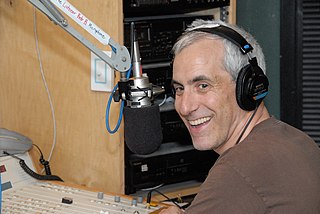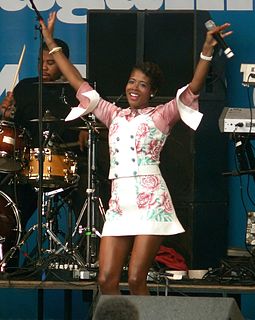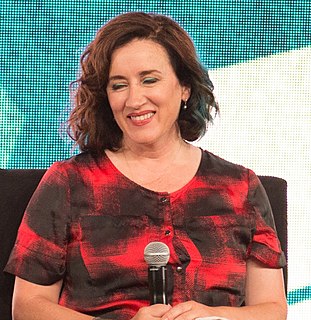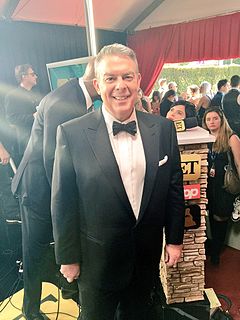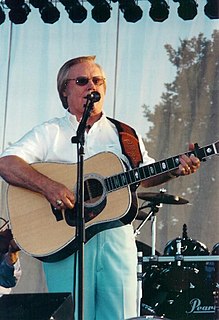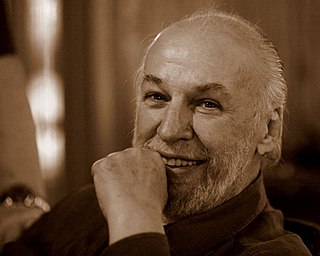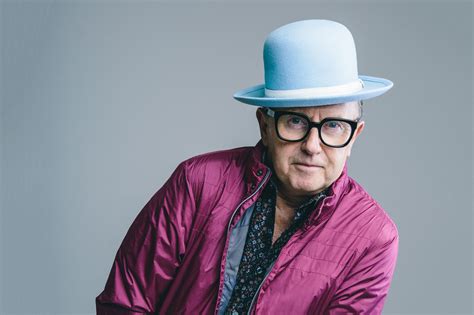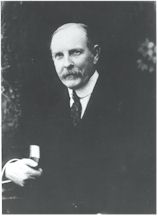A Quote by Neil Young
I look at radio as gone … Piracy is the new radio, that’s how music gets around.
Related Quotes
I turn on the radio. I'm a really big fan of old-fashioned dial radio. I love WNYC and NPR and also 88.3 in New York, which is the jazz station, and it's usually good for background music. If I'm not in New York City or by a traditional radio, I'll stream it on my phone, although I usually try not to look at my phone first thing in the morning.
I wrote 'Turn Your Radio On' in 1937, and it was published in 1938. At this time radio was relatively new to the rural people, especially gospel music programs. I had become alert to the necessity of creating song titles, themes, and plots, and frequently people would call me and say, 'Turn your radio on, Albert, they're singing one of your songs on such-and-such a station.' It finally dawned on me to use their quote, 'Turn your radio on,' as a theme for a religious originated song, and this was the beginning of 'Turn Your Radio On' as we know it.
All the things I used to count on to get my music out there - record companies, they're all gone. And radio stations, they're gone - they're completely controlled by the government. If they're not controlled by the government, they're controlled by a programmer who's controlled by the government. Mainstream radio is suspect. You can't trust it.
I always loved music and would listen to the radio and watch out for new stuff. When I was about nine or ten, I would go around to me friend's house on a Sunday when the top twenty was broadcast on the radio at 6 P.M., and we would tape it on a cassette, and then we would take turns in sharing it over the next week.
Listen- my relationship with radio on a personal level is nothing but a one way love-a-thon... I love radio, I grew up on radio. That's where I heard Buddy Holly, that's where I heard Chuck Berry. I couldn't believe it the first time I heard one of my records on the radio, and I STILL love hearing anything I'm involved with on radio, and some of my best friends were from radio. But we were on different sides of that argument, there's no question about that.


